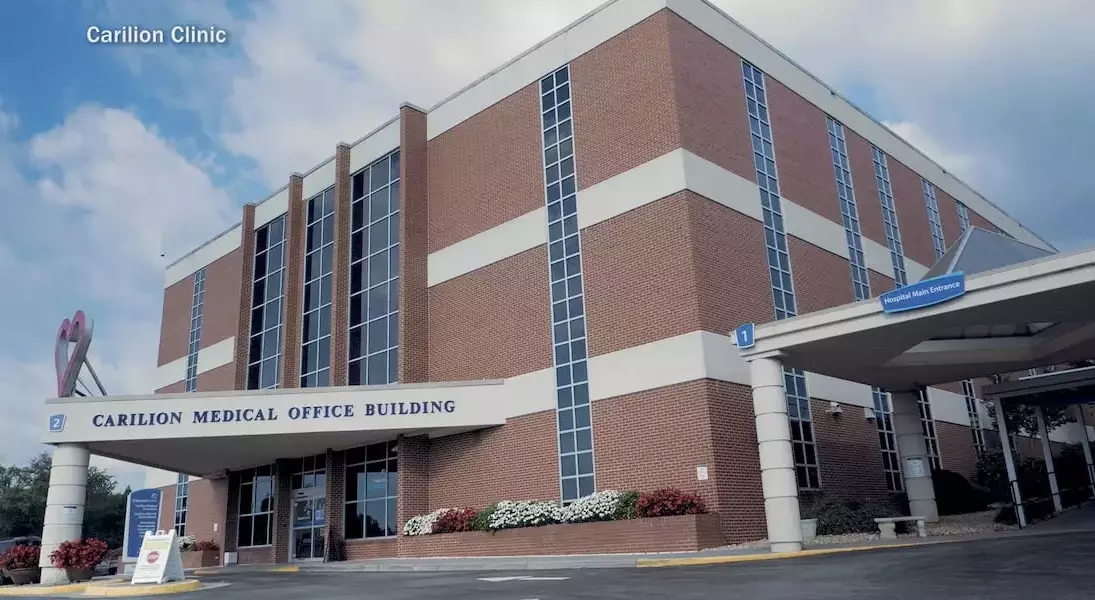
In the heart of Virginia, a recent report from the Select Committee on Advancing Rural Healthcare has shed light on the significant challenges faced by rural residents when it comes to accessing essential medical services. The bipartisan committee, established by the Virginia General Assembly, has identified transportation as one of the most critical barriers preventing thousands of Virginians from receiving timely and adequate healthcare. Through extensive research and consultations with various stakeholders, including healthcare providers and affected individuals, the committee aims to address these disparities and improve health outcomes in rural areas.
Rural Healthcare Challenges and Initiatives in Virginia
In the picturesque yet remote regions of Virginia, healthcare access remains a pressing concern for many residents. Delegate Rodney Willett, who chaired the committee, emphasized that geography plays a pivotal role in determining the quality and availability of healthcare. He noted that people living in rural areas often face shorter life expectancies compared to their urban counterparts due to limited access to healthcare facilities and professionals. One of the most significant obstacles identified is the lack of reliable transportation options, which prevents patients from attending crucial appointments, especially for maternal and prenatal care.
In Franklin County, for instance, Carilion Franklin Memorial Hospital has implemented its own transportation system to assist patients with emergency services and post-discharge travel. However, Vice President and Administrator Carl Cline acknowledged that transportation issues persist within the county, particularly for routine medical visits and specialized treatments like dialysis. To enhance accessibility, the hospital has recently expanded its surgical capabilities, doubling the size of its operating rooms and increasing the number of surgeons from four to over twenty-five. Additionally, the introduction of Da Vinci robotic surgery in November marks a significant advancement in providing cutting-edge medical procedures.
Molly Roberts, Community Impact Manager for the Carilion Hospital System, highlighted the interconnectedness of transportation with other social determinants of health. She explained that without reliable transportation, managing chronic diseases becomes increasingly difficult, leading to worsening health conditions such as obesity and physical inactivity. The hospital is actively collaborating with local governments and agencies to overcome these challenges and improve overall community health.
The ongoing session of the Virginia General Assembly will introduce several bills and budget amendments aimed at addressing rural healthcare issues. Delegate Willett mentioned plans to remove barriers to telehealth services, allowing for audio-only consultations in areas with limited internet connectivity. Furthermore, efforts are underway to loosen restrictions on weight loss medications and expand the role of midwives in rural maternity care. These initiatives reflect a bipartisan commitment to improving healthcare access and outcomes in Virginia’s rural communities.
From a journalistic perspective, this report underscores the importance of addressing systemic inequalities in healthcare delivery. It highlights the need for innovative solutions and collaborative efforts between healthcare providers, policymakers, and local communities. By prioritizing the unique needs of rural populations, Virginia can make significant strides towards ensuring equitable access to healthcare for all its residents.
